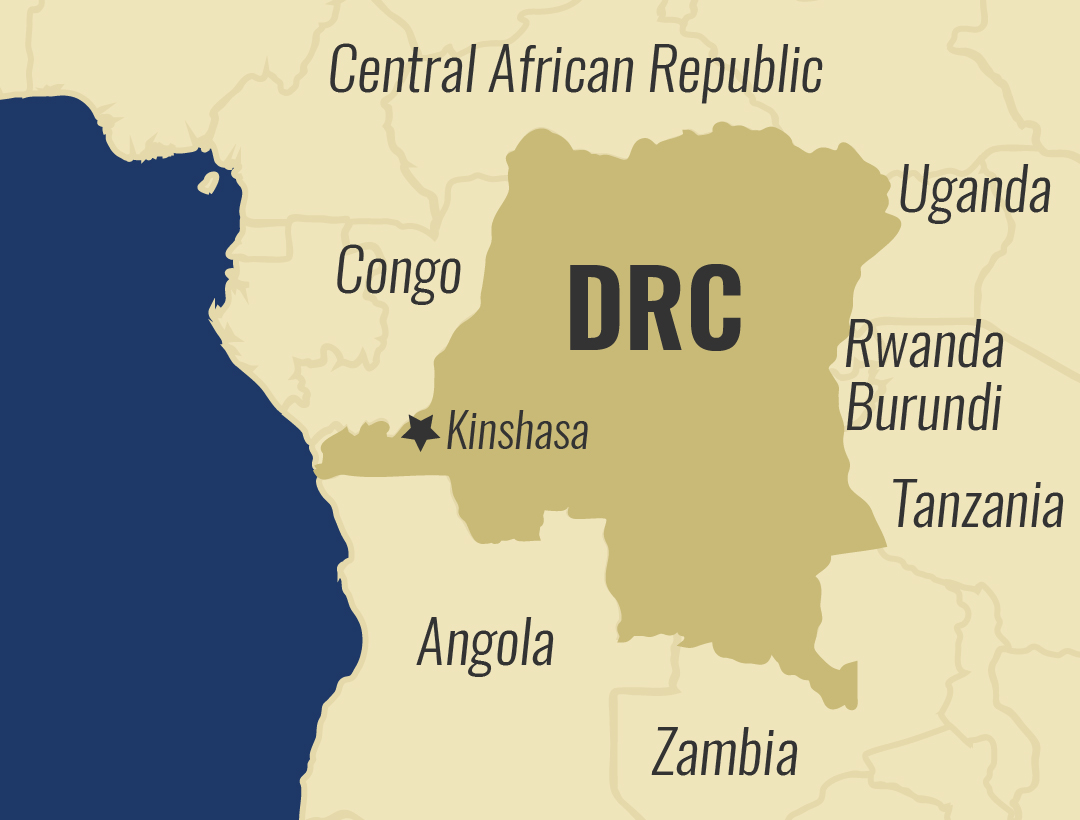Faces of Africa – Wangari Maathai: The eco-warrior with a smile
Wangari Maathai was recognized around the globe as a warrior for the environment and a campaigner for human rights. She was responsible for planting more than 30 million trees across Africa.
“Whoever met her was first struck by her as a person. As they learned about what she did, they became inspired to do more themselves. I think that is the greatest legacy, that one person standing up for a cause is the beginning of many others joining it,” tells Achim Steiner, UNDP Administrator.

Wangari’s roots were in Kenya’s central highlands. Her childhood home was a farmstead on the foothills of Mount Kenya.
“We are six and she was the third. We lived a normal Kikuyu lifestyle looking after sheep and goats. I remember she was very hard working. If she was sent to fetch water or firewood, she would come back quickly,” says Moses Nderitu, Wangari’s brother.
In 1960 Wangari and her friend Miriam were chosen to be part of ‘Airlift Africa’a scheme launched by the then Kenyan politician Tom Mboya and funded by the then US President John F. Kennedy to enable bright young Kenyans to study in America.
“My life changed, my thinking changed. I had gone through the experience of the civil rights movement which was led by Martin Luther King. That experience gave me my challenge for human rights issues,” Wangari Maathai’s statement.

She was married to Mwangi Maathai who had also been a student in America. They had three children.
In 1971 Wangari became the first woman from East Africa to gain a Ph.D. In the 1970s she became increasingly active and outspoken on issues affecting the environment and human rights.
She founded the Green Belt Movement and called on people to support it by planting trees.
“Planting that tree symbolizes protection and conservation of forests, also symbolizes the better management of our natural resources as a country. It was a simple act with profound meaning,” tells Prof. Karanja Njoroge, the chairman of Friends of Karura Forest.
Overseas Wangari’s activism won praise. But in, Kenya it put her on a collision with the then President Daniel Arap Moi. At one point he called her ‘a mad woman’ and ‘a threat to Kenyan security’. In 1989 on learning that Moi had planned to build a USD 200 million business complex in Nairobi’s green centerpiece, Uhuru Park, Wangari protested. She managed to make it an international issue by writing to Prince Charles that something was being done in Kenya that would not be done in England at Hyde Park. Her protest gained the attention of the world’s media and international investors pulled out and plans for the complex were dropped.

The government was not pleased with her and she went into hiding for some time.
“I just thought that they could physically abuse her and they might eliminate her. Yes, I thought that,” said Prof. Vertistine Mbaya, Wangari’s lifelong friend.
In 1998 Karura Forest came under threat when President Moi was discovered to be giving away parts of it away to his political allies. Wangari challenged him once more.
It is this courageous act of justice that made Wangari to be awarded the 2004 Nobel Peace Prize.

“It’s an exciting time for me and I hope for Kenyans. It has happened to us for the first time and it’s such a wonderful honor. We have every reason to stay smiling and be happy and live up to it,” Wangari’s statement, 2004.
In 2011 the environment gallant warrior passed on from cancer at the age of 71. Her legacy lives on and her vision has inspired many.





